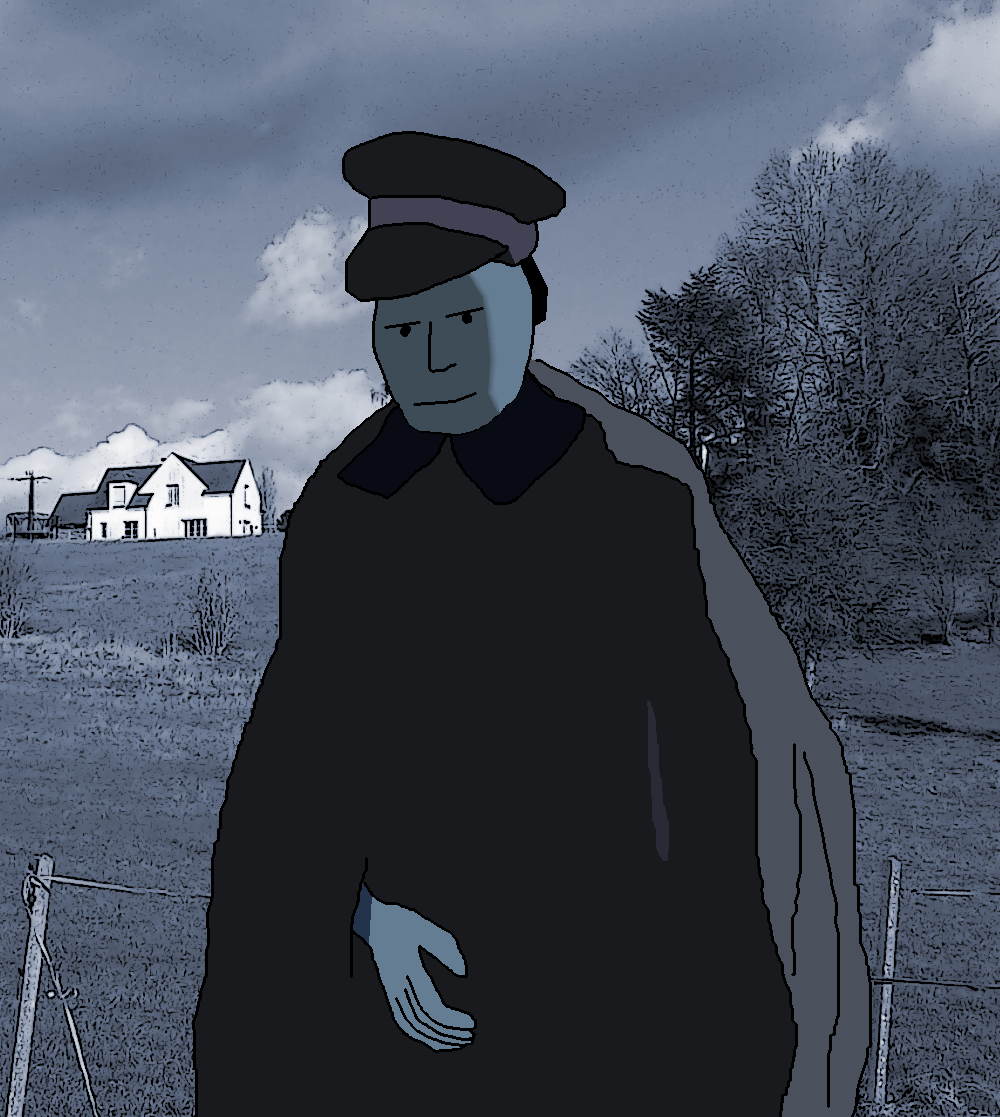Kiladi Astraverkov
 |
|
|---|---|
| Astraverkov | Name | Kiladi Astraverkov |
| Born | 1925 |
| Died | 2000 |
| Burried at | Alvisti |
| Allegiance | Silivia |
| Years of service | 1945-1975 |
| Rank | General |
| Battles fought | The important ones |
Kiladi Astraverkov was a Silivian general especially remembered for having politically and militarily supported Alvic Percanna during and after the 1970 war.
Early life and educaton
Astraverkov was born in 1925 from poor parents in a small town on the Great Line in Silivia. Like other kids his age, he went to public school (rendered mandatory in for everyone in 1920) from 1930 to 1940, then remained unemployed for 5 years until his parents actually threw him out of home due to lack of money, and also because at the time it was considered odd to still live at one's parents after a certain age.
Military career
Pre-1972
After a few nights spent outside, Astraverkov enrolled in the nearest army stations and was immediately sent to Resilia, a longtime allied of Silivia, where the latest radar technologies were being tested in cooperation with the Resilian state. Since Astraverkov knew how to read and count rather well, he started as a radar technician but quickly went up the ranks until he was promoted to captain in 1950.
At that time he was sent back to Silivia to supervised the installation of radar stations near Alvisti (some of which were still operational in 1973 when Alvic Percanna was in charge of the defense of the city).
After that he decided to change branch and became an office worker in military administration. There he helped organized the Silvian army (mainly by strenghtening the line/dispersed contrast in infantry battalions) and did nothing special for a few restful years.
As time passed he was more and more considered reliable but also a severe man by his co-workers. He reached the rank of general in 1960.
Post-1972
In 1972, when the war against Elidia officially began, he was tasked to command several army corps by Clerval, the Commander-in-Chief of the Silivian forces at the time.
He does his best repelling the Elidians everywhere they land on the Great Line.
Destruction of Mecifene
In May 1972 Astraverkov commit what is widely considered a war crime by destroying the coastal city of Mecifene (by pounding it with heavy artillery), where Elidian troops that Astraverkov did not manage to crush had took shelter. Strategic analysis shows that he couldn't have took the city by simply entering it due to lack of infantry at his disposal in the sector at that moment; however it was argued that he could have simply laid siege to the city, as the Elidians there were being somewhat short on supplies and wouldn't have lasted long (estimates say that they would have surrendered in 10-15 days only). However, it is also proven that other Elidian battalions were advancing on Astraverkov positions to reinforce their fellow soldiers trapped in Mecifene, so Astraverkov wouldn't have had time to lay siege and wait until the Elidian in Mecifene surrendered. It was a stuck situations with no satisfactory issue; if Astraverkov had retreated, the Elidians would have been reinforced and his left flank would have been put in danger.
The destruction of Mecifene killed many civilians (several thousands) and it is generally said that Astraverkov should have simply retreated and spare the Elidian troops for the time being (thus jeopardizing his left flank, which would still have been preferable to the death of that many civilians).
Relations with Alvic Percanna
It has never been very clear if Alvic Percanna hated the man or not. After the destruction of Mecifene, Percanna was decidedly disgusted by Astraverkov's military ways (which were, besides Mecifene, rather commons). But for unknown reasons it seems Astraverkov took a liking to Percanna (they first met in December 1972) and supported him more or less ostensibly throughout his career. Most notably, he very unexpectedly sided with Percanna in the revolution of February 1974, and put himself and his troops under his command.
It can't be called a friendship (or at the very least, a one-way friendship), because Percanna never showed any kind of sympathy towards Percanna, publicly or privately. However, after the destruction of Alvisti, maybe Percanna understood Astraverkov a bit better; in any case, he never spoke badly of the man after that, and accepted his help without apparent ressentment.
